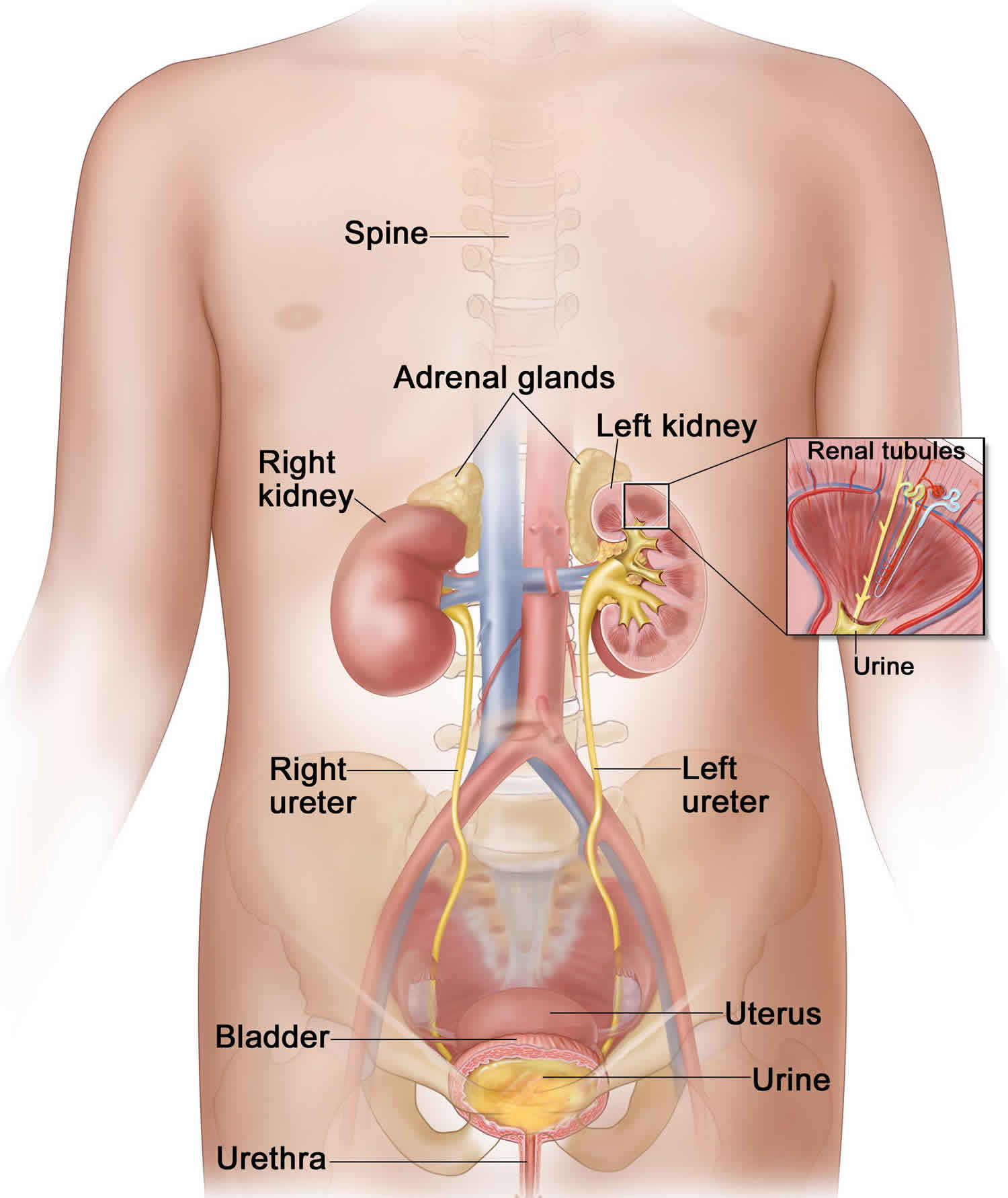Kidney Infection: Causes, Symptoms, Treatment, and Foods That Support Kidney Health
A kidney infection—medically referred to as pyelonephritis—is a serious type of urinary tract infection (UTI) that usually begins in the urethra or bladder and travels upward to affect one or both kidneys. If left untreated, it can lead to severe health complications, including permanent kidney damage or sepsis.
Let’s break down what causes kidney infections, how to recognize them, and how to support your kidney health with the right foods.
💡 What Causes a Kidney Infection?
Kidney infections typically occur when bacteria enter the urinary tract and spread to the kidneys. Common causes include:
- Bacterial Infections: Most often caused by Escherichia coli (E. coli), a type of bacteria normally found in the intestines.
- Urinary Tract Blockages: Kidney stones, enlarged prostate, or other structural abnormalities can impede urine flow, increasing infection risk.
- Weakened Immune System: Individuals with compromised immune systems are more prone to infections.
- Vesicoureteral Reflux (VUR): A condition where urine flows backward from the bladder to the kidneys, making infections more likely.
🚨 Symptoms of Kidney Infection
If you experience any of the following, especially in combination, seek medical help immediately:
- Severe pain in the back, side, or groin
- High fever and chills
- Nausea and vomiting
- Frequent and painful urination
- Cloudy or foul-smelling urine
- Hematuria (blood or pus in the urine)
🧪 How Is It Diagnosed?
Healthcare professionals typically use the following methods to diagnose a kidney infection:
- Urine Test: To detect bacteria, white blood cells, or blood in the urine.
- Blood Test: To assess infection severity and kidney function.
- Imaging: Ultrasound or CT scans may be used to detect blockages or structural issues in the kidneys.
💊 Treatment Options
Kidney infections require prompt medical treatment. Common approaches include:
- Antibiotics: Usually the first line of treatment. Severe cases may need IV antibiotics.
- Pain Relievers: To manage discomfort and reduce fever.
- Hospitalization: In cases of serious infections, especially for people with other health conditions.
✅ How to Prevent Kidney Infections
Prevention is often the best medicine. Here are simple ways to reduce your risk:
- Drink Plenty of Fluids: Water helps flush out bacteria from the urinary tract.
- Practice Good Hygiene: Especially important for women—wipe from front to back after using the toilet.
- Don’t Hold Urine: Empty your bladder frequently and fully.
- Urinate After Sex: Helps remove bacteria that may have entered the urethra.
🥦 Kidney-Friendly Foods That Support Renal Health
In addition to medical care, your diet plays a key role in kidney health. Here are 11 foods that help protect and support kidney function:
-
Berries
Rich in antioxidants and vitamin C, berries (especially blueberries and strawberries) fight inflammation and oxidative stress. -
Red Bell Peppers
Low in potassium and high in vitamins A and C—ideal for those with kidney concerns. -
Cabbage
Packed with phytochemicals and fiber, cabbage supports detoxification and reduces inflammation. -
Cauliflower
High in fiber and vitamin C, this cruciferous vegetable helps your kidneys remove toxins. -
Garlic
Contains compounds that reduce inflammation and help lower blood pressure—both beneficial for kidney function. -
Onions
Low in potassium and rich in antioxidants, onions are great for flavoring food without adding sodium. -
Apples
High in fiber and anti-inflammatory properties, apples help control cholesterol and blood sugar levels. -
Olive Oil
A healthy fat alternative that reduces inflammation and supports cardiovascular—and by extension—renal health. -
Fatty Fish
Salmon, mackerel, and sardines are high in omega-3 fatty acids, which may lower blood pressure and reduce inflammation. -
Egg Whites
A high-quality, kidney-safe protein source, especially good for people with chronic kidney disease. -
Water
The most essential drink for kidney health. Staying well-hydrated helps kidneys flush out waste and toxins.
🧑⚕️ Final Thoughts
Kidney infections should never be ignored. Timely diagnosis and treatment are essential to prevent serious complications. Alongside medical treatment, adopting a kidney-friendly diet can go a long way in promoting renal health and preventing future infections.
Disclaimer: Always consult with a healthcare provider or dietitian before making significant changes to your diet—especially if you have existing kidney conditions or other health concerns.
🔍
Learn about kidney infection symptoms, causes, and treatment options. Discover the top foods that promote kidney health and how to prevent UTIs naturally.





